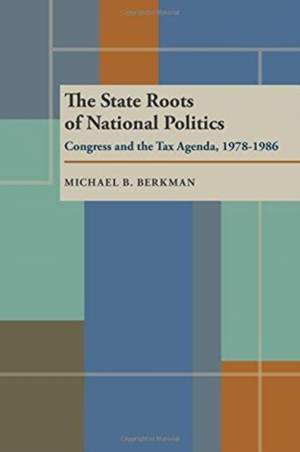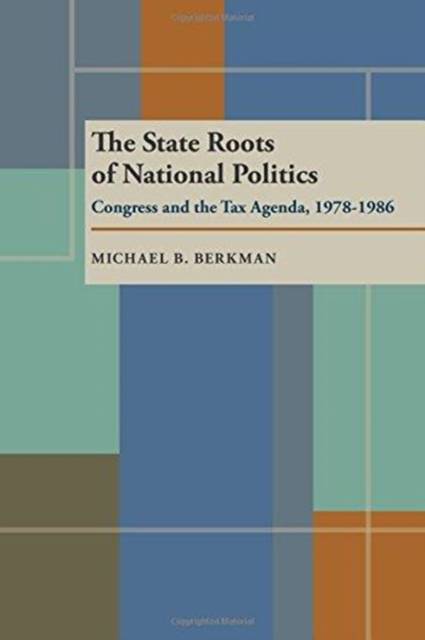
- Retrait gratuit dans votre magasin Club
- 7.000.000 titres dans notre catalogue
- Payer en toute sécurité
- Toujours un magasin près de chez vous
- Retrait gratuit dans votre magasin Club
- 7.000.0000 titres dans notre catalogue
- Payer en toute sécurité
- Toujours un magasin près de chez vous
Description
Winner of the William Anderson Award of the American Political Science Association
Explores the role of state politics in shaping the national agenda during the 1980s. By focusing on the federal tax policy from 1978-1986, Berkman argues that a conservative political agenda slowly replaced the liberal agenda dominant since World War II.
The state roots model asserts that national policymakers, particularly members of Congress, are products of their state political systems and environments. Berkman applies this model to the tax-cutting policies that took hold nationally in 1978, before Regan came to office, and continued in the tax acts of 1981 and 1986.
Spécifications
Parties prenantes
- Auteur(s) :
- Editeur:
Contenu
- Nombre de pages :
- 216
- Langue:
- Anglais
- Collection :
Caractéristiques
- EAN:
- 9780822955085
- Date de parution :
- 15-01-94
- Format:
- Livre broché
- Format numérique:
- Trade paperback (VS)
- Dimensions :
- 152 mm x 229 mm
- Poids :
- 324 g

Les avis
Nous publions uniquement les avis qui respectent les conditions requises. Consultez nos conditions pour les avis.






